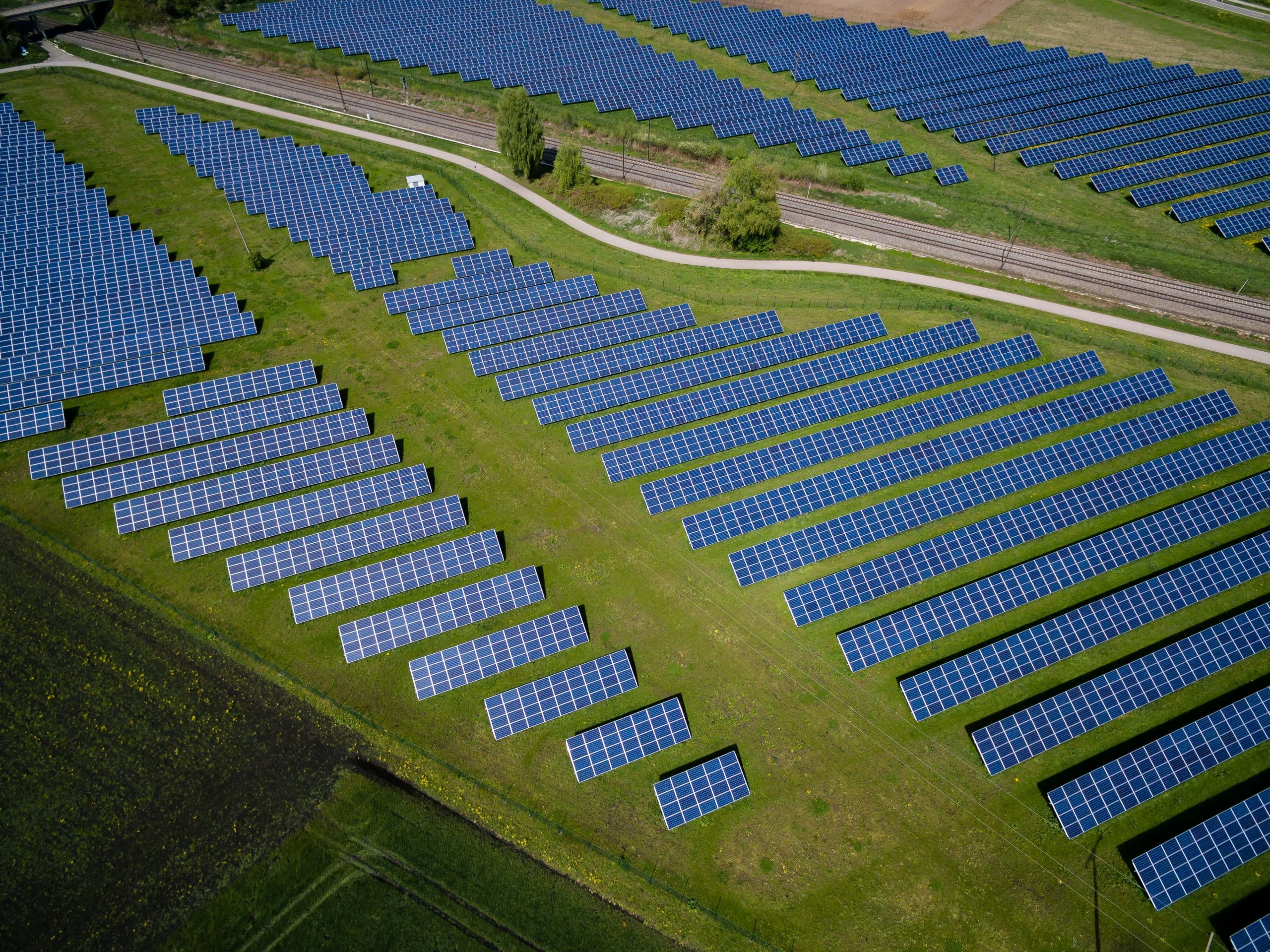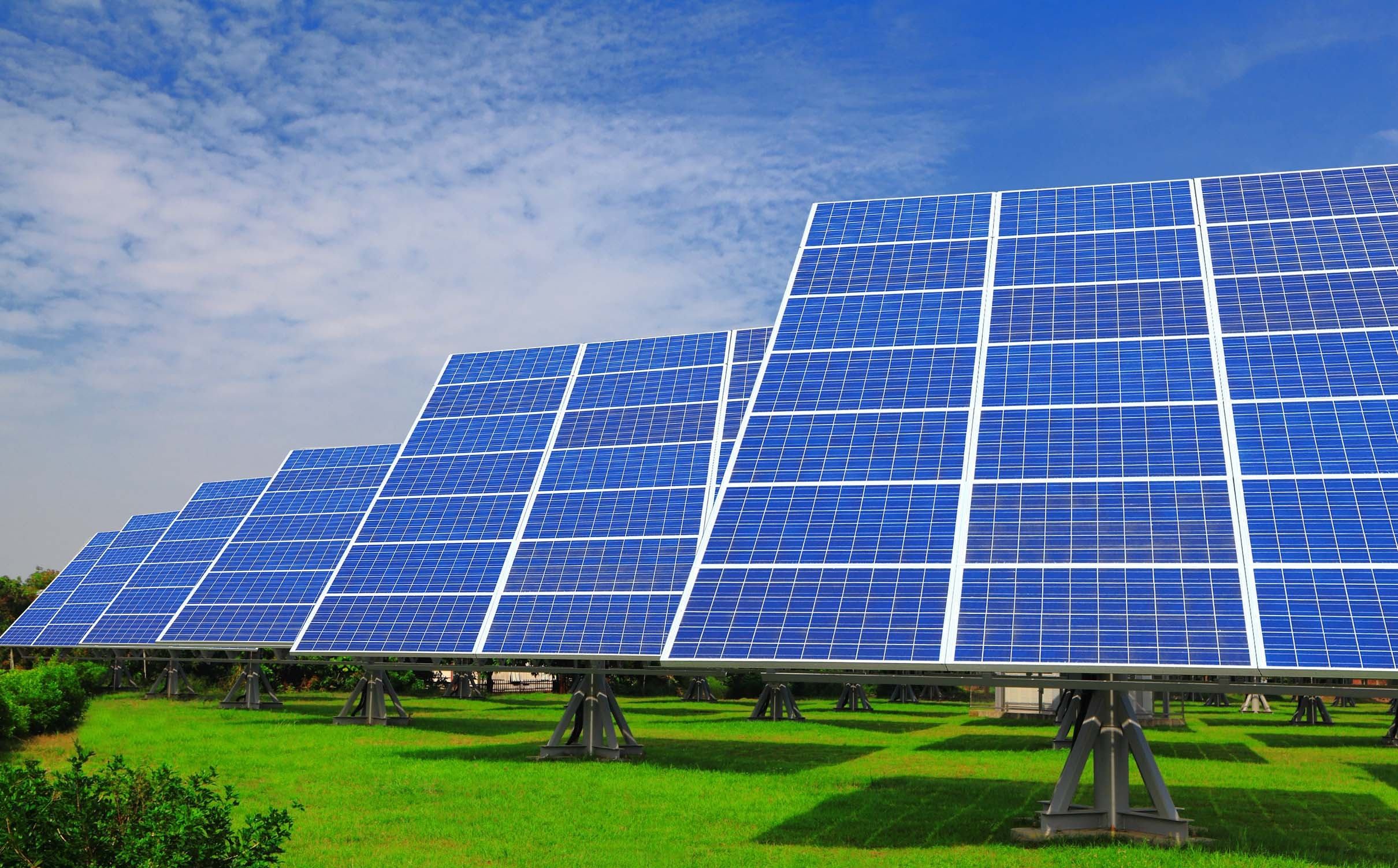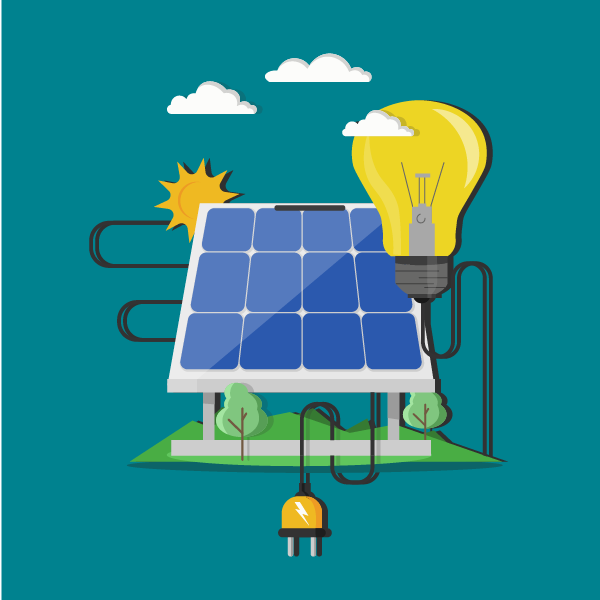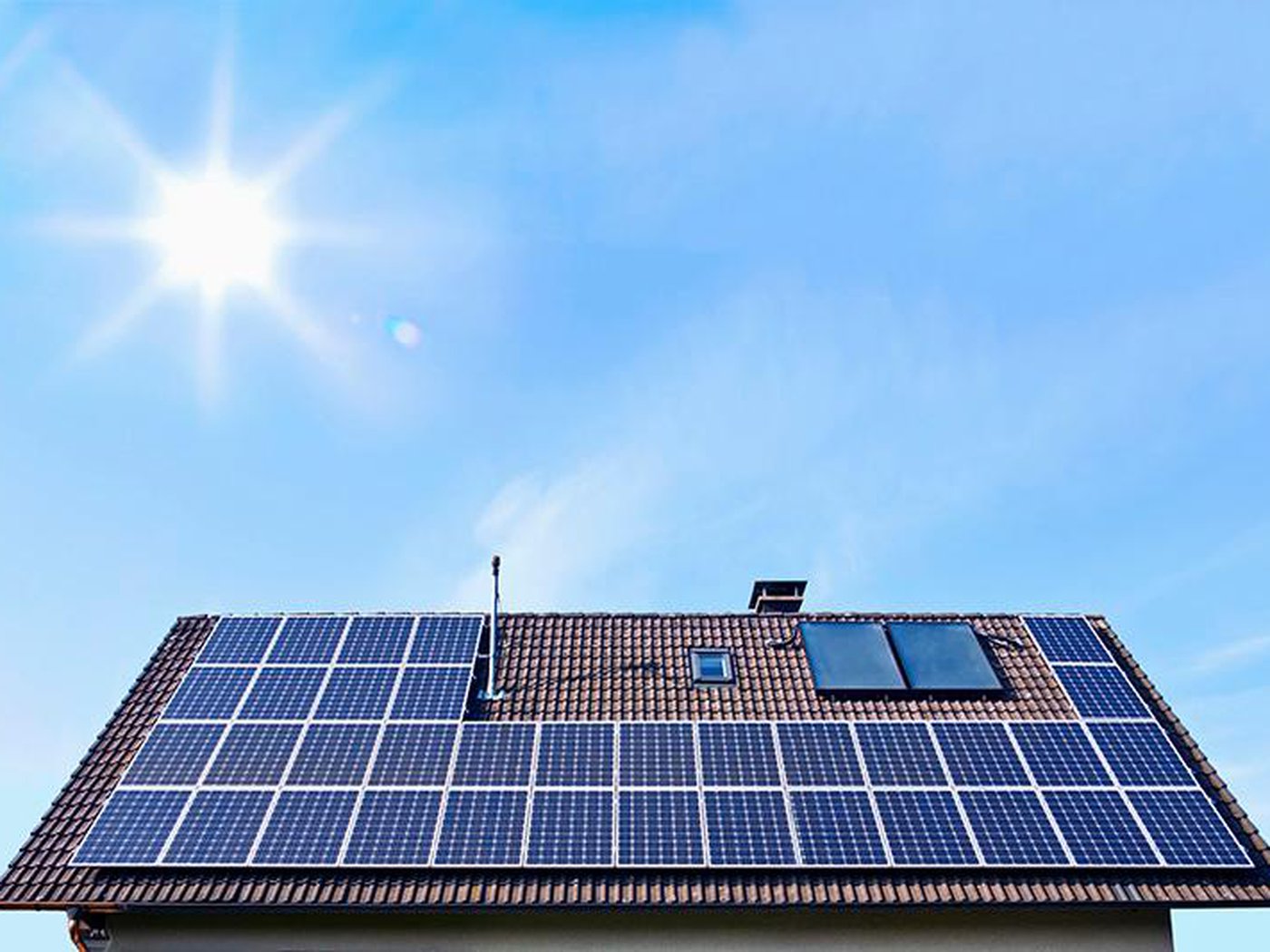The quantifiable property of energy is a universal concept. This means that it is constantly being transferred from one form to another for the purpose of work or heat. Moreover, the law of conservation of energy states that energy cannot be created or destroyed. Therefore, energy must be preserved. It is impossible for energy to be created or destroyed. In addition, the law of conservation of mass and energy also governs how energy can be distributed between two or more entities.
Energy is the ability of a system to perform work. It is neither created nor destroyed, but can be converted from one form to another. The various forms of energy can be thought of as buckets, or categories, in the International System of Units. For example, potential energy is the energy that is stored in a body, whereas kinetic or physical energy is the energy that is emitted when a material is struck by a force.
The word energy derives from the Ancient Greek word energeia, which means activity or operation. This term was first used by Aristotle in the 4th century BC. It was a qualitative philosophical concept that encompassed pleasure, happiness, and other human experiences. It was viewed as a fundamental property of matter. In general, the amount of energy is expressed as a unit of work or joules.
There are various forms of energy storage. Compressed air is one form of compressed air energy storage. This technique makes electricity cheaper. The heated air expands when electricity is required, and turns a generator. Thermal energy storage facilities, meanwhile, use the temperature of materials to store energy. For example, rocks, salts, and water can be heated and then pumped into the hot materials, creating steam. However, thermal energy storage is more expensive and requires more space than compressed air.
The term energy is derived from the Ancient Greek word energeia, which means activity or operation. It first appears in Aristotle’s work in the 4th century BC. The term was a philosophical concept, encompassing the concept of pleasure and happiness. It also refers to the process by which objects move, as well as the heat that they produce. There are numerous types of energy storage. But despite the variety of forms, the term is used for different purposes.
In a mechanical system, energy is divided into kinetic and potential forms. The kinetic type refers to the movement of an object, while the latter refers to the motion of the component parts of the object. The potential form represents the potential of the object to move. In contrast, the thermal form is due to the temperature of an object. The energy in a physical system is not measured in its heat. This is because the corresponding temperature in the body is different.
Energy is an important part of everyday life. It provides us with electricity, food, and other vital needs. But, it is not only used for these purposes, but it is also essential for our health. We cannot live without energy. We need it to live a productive and healthy life. The power of energy is a powerful and necessary resource to sustain our lifestyle. If you want to live a full and meaningful life, you need energy.
The energy of a machine can be used to generate electricity or heat. The term can also be used to describe a person’s mood or physical condition. The kinetic energy of an object can be stored in a battery. It can also be converted into thermal energy. A thermodynamic system produces heat. Its mechanical energy can produce electricity. The mechanical and electrical energies can be used to power a car. They are essential for the daily functioning of any system.
When it comes to energy, you may not be familiar with all the different units that are used to measure it. A joule is a unit of energy in the International System of Units (SI). This unit is derived from the term “joule” and refers to the amount of energy required to exert a newton of force through a meter. If you have a calculator handy, this is the perfect tool to learn about energy.





